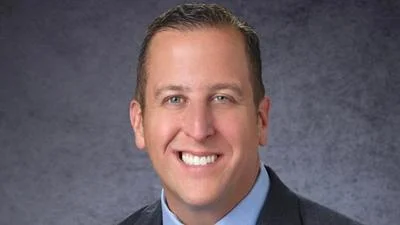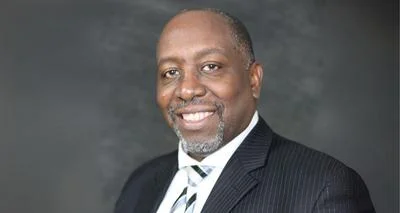Rep. Mark Batinick (R-Plainfield)
Rep. Mark Batinick (R-Plainfield)
The south suburbs of Chicago are the ideal place for business growth, but no one wants to move there because the property taxes will kill them before they can get established, Rep. Mark Batinick (R-Plainfield) argued in a House panel debate on Friday.
“What business is going to come and grow and expand?" he said. "I mean south suburbs has it all: They have great transportation; they’ve got an able-bodied workforce with a slightly higher unemployment rate, so we can get workers into these facilities; they’re close to Chicago, rail, all the stuff, but there is no growth there because the property taxes are out of the moon."
Batinick was countering anti-property tax freeze arguments from a panel of experts during a Subcommittee on Property Taxes hearing, who maintained that a freeze would be disastrous to many districts in Illinois that rely on the revenue the taxes generate.
Illinois has the second-highest property taxes in the nation after New Jersey, which many say has forced businesses and residents out the state. Republican lawmakers have responded by proposing HB4066, which would freeze property tax rates for four years. Voters would then decide whether to increase, maintain, or lower their property tax rates via referendum.
Batinick said a property tax freeze is a step in the right direction to bring back businesses.
“I mean, I am looking at [the taxes] here [in the south suburbs]: $25,000 property tax bill on a $150,000 property," he said. "$35,000 property tax bill on a $150,000 property. There are other things that need to be done, but you’re getting less now. We’re taxed to the point where we’re getting less. What’s happened in the south suburbs is coming into my district and other places where businesses are making the decisions [of not investing there].”
While Batinick said he prefers a system that moves away from property taxes, that would take serious reforms.
“I see the same economically depressed areas … and I see this data that is just slapping us across the face, and I cringe, and I don’t understand how we think someone is going to invest [in Illinois] when we have a 200 percent rate or a 10 percent property tax rate,” Batinick said. “You’re not going to get small, medium or big manufacturers or warehouses to invest in those areas, and, man, that is what the state needs.”
Julie Sullivan, director of legislative and political affairs for Illinois Realtors, said Illinois needs to bring about municipal government consolidation rather than imposing a property tax freeze.
“There are so many taxing districts in the state of Illinois, and we have been very strong supporters of efforts to encourage consolidation of local governments,” Sullivan said. “I think that if we truly want property tax relief, that has to be an element.”
Ted Dabrowski, vice president of policy at the Illinois Policy Institute, went a step further, arguing for full comprehensive reform that attacks the cause of property taxes.
“Property tax reform must be done responsibly so that we don’t have unintended consequences in just a few years,” Dabrowski said. “The current solutions that are being debated are only focused on a property tax freeze. They only address the symptom … but most of the discussions do not address the cost drivers -- the actual drivers of why property taxes are so high in the first place. There is really little discussion about … if we are going to have property tax relief, we have to address the cost drivers, not just the freeze.”






 Alerts Sign-up
Alerts Sign-up